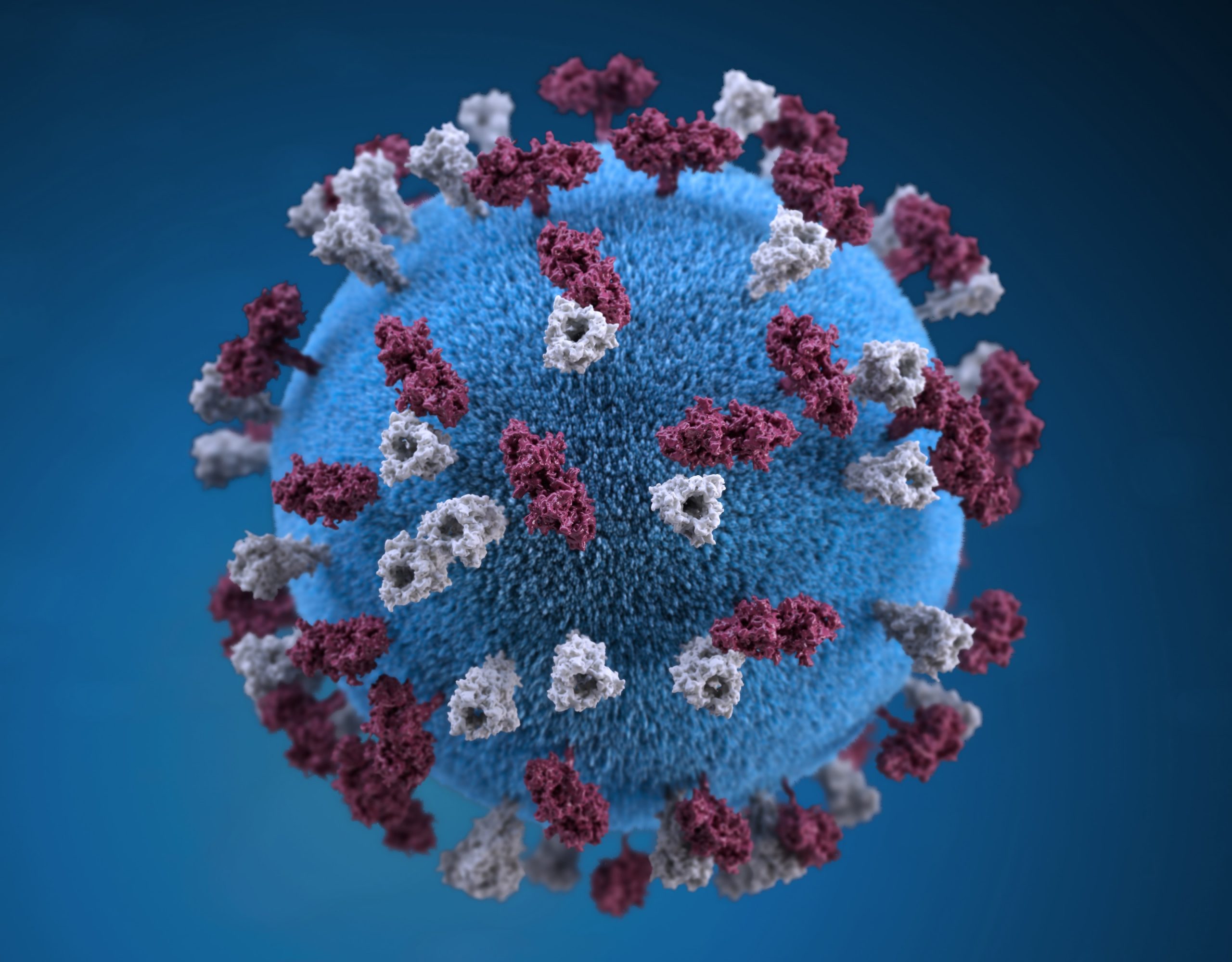Parkinson’s Foundation Q&A Provides Guidance From Experts on COVID-19

While there’s no evidence that people with Parkinson’s disease are more susceptible to contracting illness, COVID-19 tends to be more severe in the elderly and those with chronic diseases. Because of this, patients should take extra precautions to avoid contracting the disease, experts say.
In response to the COVID-19 pandemic, the Parkinson’s Foundation (PF) recently presented a live online question-and-answer event featuring Michael S. Okun, MD, the nonprofit’s medical director, and Fred Southwick, MD, an author and infectious disease expert. Both physicians are from the University of Florida Health, a PF Center of Excellence.
A video of the discussion may be viewed here.
In an overview of COVID-19, the experts emphasized that the highly infectious novel virus should be taken very seriously, particularly since most Parkinson’s patients are middle age at diagnosis.
“I’ve been studying infectious diseases for over 40 years, and I have to tell you this is by far the most dangerous virus that I’ve encountered and the worst epidemic in my career,” Southwick said during the discussion.
Still, it’s vital for Parkinson’s patients of all ages to remain calm during the outbreak and take preventive measures.
“You can’t panic,” he said. “You should respect this virus and you should follow the infection control protocol.”
According to the foundation, key steps include frequent hand washing, staying home and practicing social distancing, rescheduling non-urgent doctor appointments, obtaining three-months’ worth of medication supplies, talking with healthcare providers before bringing home a family member from a nursing facility, avoiding flights and travel, and getting pneumonia and flu vaccines.
To minimize “cabin fever” during prolonged periods at home, patients are encouraged to call or do video chats with family and friends often, and take walks. Those who do get sick should alert their doctor’s office before a visit so staffers are prepared to protect the patient and others.
According to Okun, in general, the Parkinson’s immune system is similar to that of individuals who don’t have Parkinson’s.
“Some of the cells that are part of the immune response in Parkinson are a little different … and we’re using that to understand Parkinson and engineer therapies,” he said. “But the immune system functions in a relatively normal way.”
One problem, however, is that Parkinson’s patients are more susceptible to lung infections that can make it hard to take deep breaths. Because COVID-19 attacks the respiratory system, individuals with Parkinson’s are at a higher risk.
“The danger is in the respiratory tract, and unfortunately, the muscles and the gag reflex and cough reflex in Parkinson’s patients can be impaired,” Southwick said. “So if they get this infection, because of the physical constraints, they are at higher risk. If you can’t take deep breaths, it’s harder to oxygenate.”
Furthermore, the experts said most over-the-counter cold and flu medications are generally safe to use with Sinemet (levodopa-carbidopa), an approved Parkinson’s therapy that increases dopamine levels in the brain to help with motor function. They cautioned, though, that monoamine oxidase-B inhibitors — molecules that modify metabolic pathways that lead to the breakdown of dopamine — should not be mixed with dextromethhorphan, common in many cough syrups. Patients who have hypertension should avoid medications that contain the decongestant pseudoephedrine.
In general, Parkinson’s and medicines used to treat it lower blood pressure. Patients who may have been exposed to the coronavirus should watch out for fainting or dizziness when standing or otherwise changing position. In any case, it’s important to establish the cause before beginning treatment.
Despite widespread reports, Okun and Southwick said there is no evidence that ibuprofen worsens COVID-19, but that if patients have concerns, they may consider Tylenol or another alternative.
They also suggest that, in lieu of in-person exercise classes and support groups, patients exercise safely at home, and use online resources such as the PF YouTube channel and PD Conversations.
For further questions about COVID-19 and Parkinson’s, call the Parkinson’s Foundation’s helpline specialists at 800-4PD-INFO. Go here for the PF’s latest information on the coronavirus.






